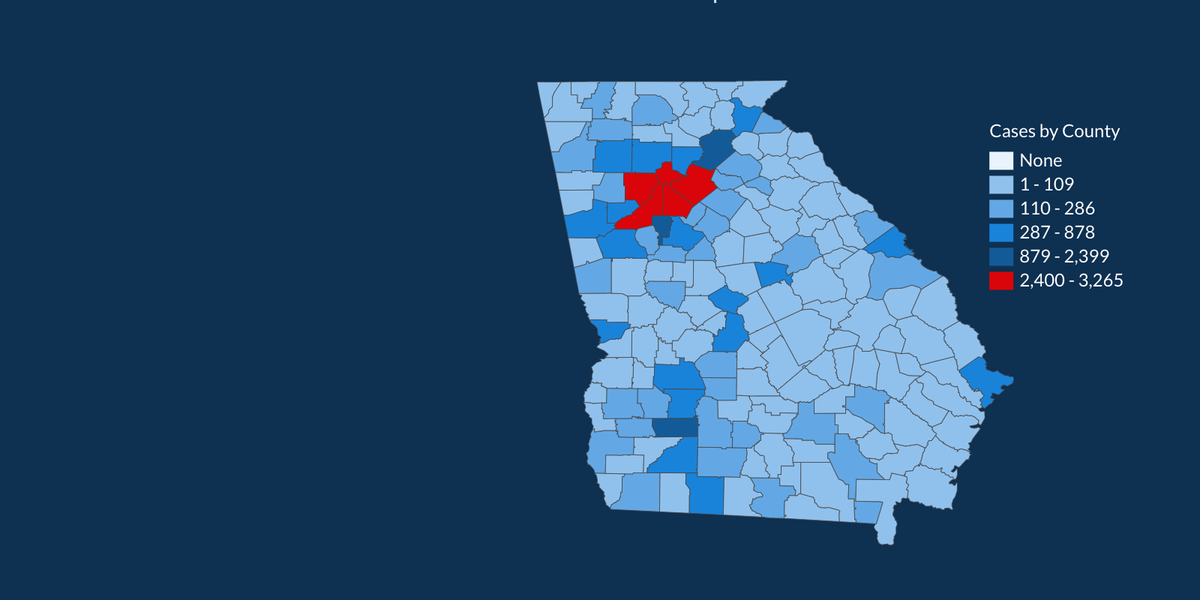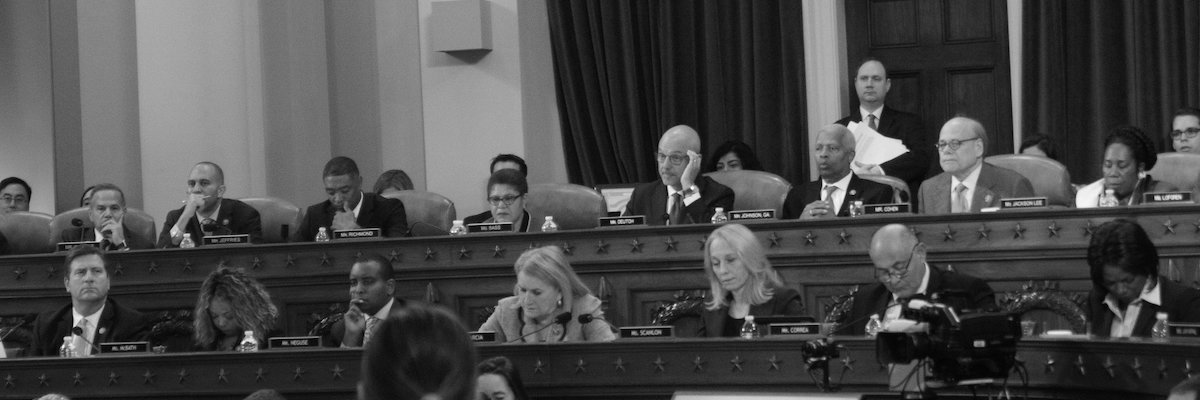Tennessee lawmakers recently shot down efforts to make more information about economic development deals public, fearing too much transparency could make the state less competitive.
Under current law, economic development officials disclose information about grants awarded to companies who open corporate headquarters, manufacturing plants, data centers, or select other facilities in the state. But they don’t disclose who gets the millions of dollars in tax credits the state offers these companies, nor what the state gets in return for these investments in terms of new jobs and capital expenditures. Tax information about specific companies is confidential under state law.
This year, encouraged by new Governor Bill Lee’s calls for more transparency on economic development deals, legislators introduced a bill that would exempt economic development tax credits from this confidentiality requirement. Under the legislation, the public could see what companies get this tax break, where they are located, how many jobs they create, and how much money they spend on machinery and other capital investments.
State economic development officials, however, said this legislation would hurt their efforts to attract businesses. Although tax credit information is made public in 28 states, some of Tennessee’s main competitors for economic development deals, such as Georgia and South Carolina, don’t disclose this information.
After meeting with economic development officials and Lee, the sponsors of the Fair Accountability and Clarity in Tax Subsidies Act (SB 0513), agreed to drop the bill’s provision that would make tax credit information public. The FACTS Act still makes a couple of reforms to economic development incentives: It mandates that agreements for large capital grants include clawbacks if companies don’t meet their job creation targets, and in most cases, eliminates the ability of state officials to waive the requirement to meet these targets when tax credits are provided for projects in rural counties.
The amended legislation is now sailing through the Tennessee General Assembly’s committee process and is expected to be signed into law.
The bill’s Senate sponsor, Kerry Roberts, said he’s still “very proud of” the bill. The Republican noted that he told state economic development officials that he wanted the legislation “to be something we do with you, not something we do to you.”
Transparency advocates, however, have mixed emotions about the final version of the bill.
“We’re all sort of disappointed,” said Deborah Fisher, executive director of the Tennessee Coalition for Open Government.
“There was just no political will,” she said, to buck the wishes of the Tennessee Department of Economic and Community Development. Even though Lee complained about “a lack of transparency at ECD” when the Republican ran for governor last year, he backed the agency in its opposition to making tax credits information public.
It’s the “culture of the agency” to keep details about economic development incentives secret, she said. Businesses don’t want to make this information public, and economic developers want to keep businesses happy.
Transparency was no problem, however, for Amazon when it chose Nashville as the location for a new operations and logistics center - a 5,000-job consolation prize for Tennessee after a failed HQ2 bid. The $102 million incentive package for Amazon includes nearly $22 million in tax credits from the state - a figure Amazon disclosed voluntarily. Fisher speculated that Amazon is used to tax credit transparency since it does business in many states where this information is public.
Amazon is an exception, however. Nothing has been disclosed about the tax credits claimed by thousands of other business in Tennessee. Without transparency, it’s hard to judge how effective tax credits are as an economic development tool. The state is forgoing a lot of tax revenue through this incentive program - $218 million in economic development tax credits were claimed in fiscal 2017, and $134 million were claimed in fiscal 2018. Plus there are nearly $1 billion in unclaimed credits that could be taken in future years.
Nashville is booming, but it’s not clear how much of these tax credits are going to projects in the rest of the state.
“We have no idea if these tax credits are serving the state as a whole,” said Ron Shultis, policy coordinator for the Beacon Center of Tennessee, a conservative think tank.
Shultis, like Fisher, is disappointed that tax credits transparency was dropped from the FACTS Act, but he is pleased with the economic development reforms that did make the cut. It shows “there is the appetite to look at these programs and incentives,” he said.
That could include another try in a few years to make tax credits data public, he said.
“We’re not going to stop talking about it,” Fisher said.
But the culture of secrecy around economic development is hard to break, as shown by the failure of a separate bill that would limit the ability of businesses to claim that government payments to them are trade secrets and therefore are confidential. The bill (HB 0370) was prompted by situations such as Google’s construction of a new data center on county-owned land near Clarksville, Tenn. As part of its deal with Google, the Montgomery County industrial development board agreed with the company’s contention that the value of the land, how much money the company was investing, and how many people it would hire were trade secrets.
The bill to limit this “trade secret” exemption didn’t even make it out of a House subcommittee. Local chambers of commerce lobbied hard against the bill, Fisher said. Lawmakers were told “it creates an unfriendly business climate,” she said.
Read the full SB 513 embedded below.
Image via Kent Hoover




